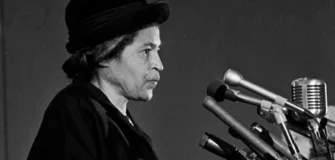Frederick Douglass: The Voice of Freedom Who Shaped America’s Conscience
Share
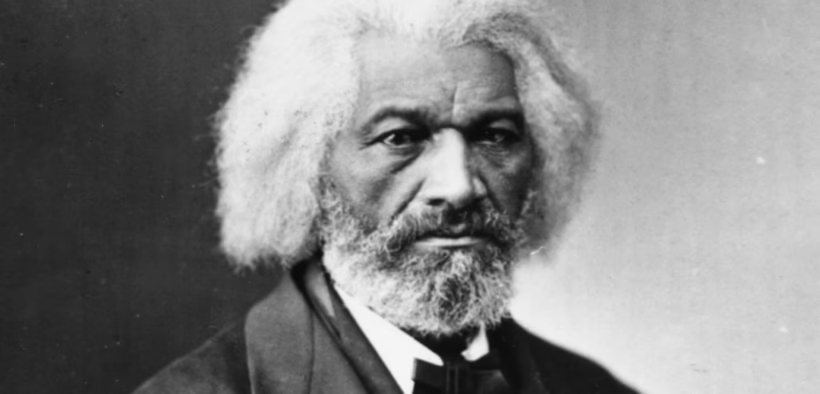
Frederick Douglass remains one of the most powerful voices in American history, a man whose journey from enslavement to international prominence forever changed the moral and political landscape of the United States.
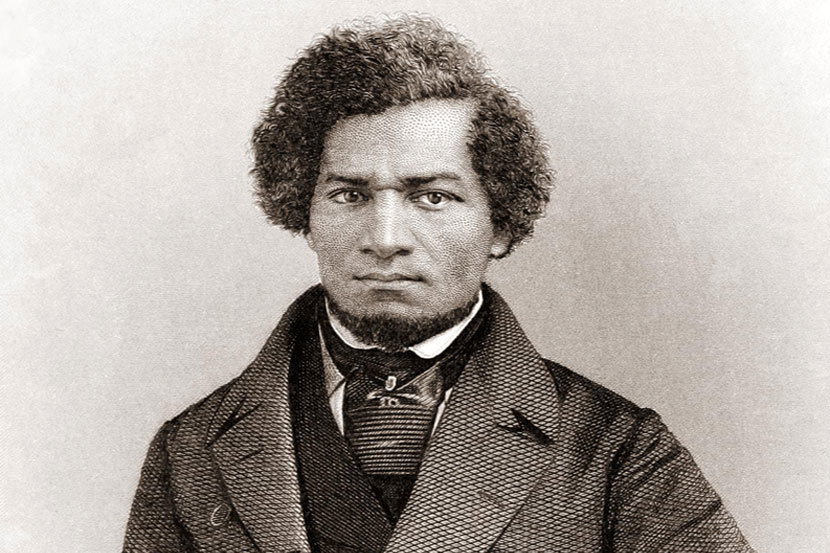
Born into slavery in Maryland in 1818, Douglass endured the violence, humiliation, and dehumanization of bondage from a young age. Forbidden to learn to read or write, he defied those restrictions by secretly teaching himself literacy, a rebellion that became the foundation of his freedom. At the age of 20, Douglass escaped to the North, finding refuge in Massachusetts, where his voice would soon rise as a force for justice.
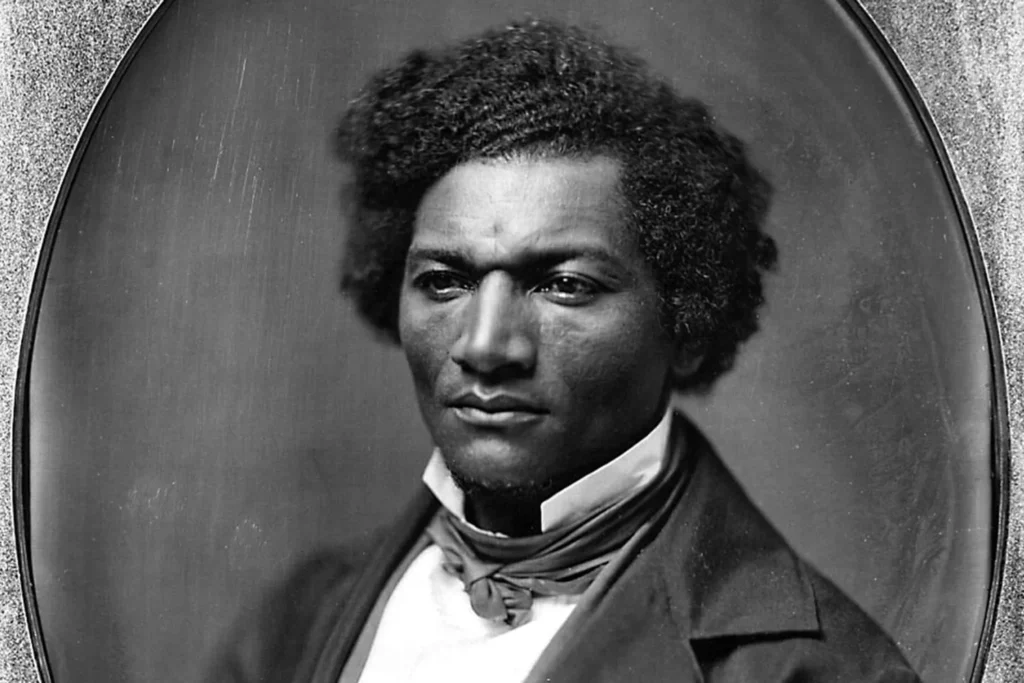
As an abolitionist orator, writer, and statesman, Douglass became one of the most compelling figures of the 19th century. His speeches electrified audiences across the U.S. and Europe, exposing the cruelty of slavery and calling on Americans to live up to the ideals of liberty and equality promised in the Constitution. His first autobiography, “Narrative of the Life of Frederick Douglass, an American Slave,” published in 1845, stunned the world with its raw power and authenticity.
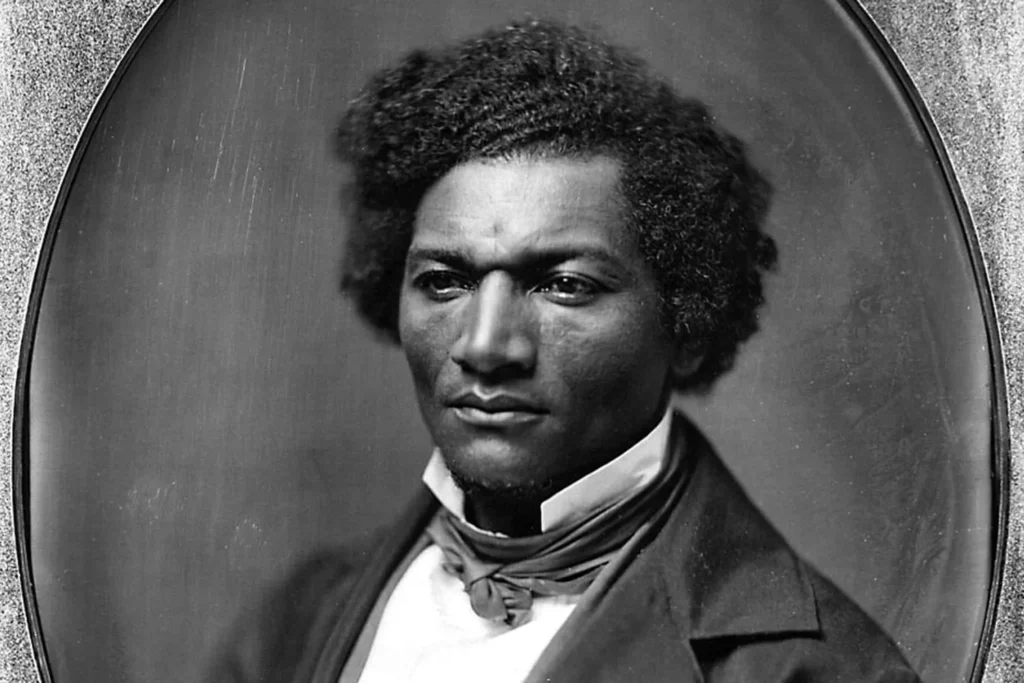
Douglass’s influence extended far beyond the abolition of slavery. He was a champion for women’s rights, publicly supporting the suffrage movement and attending the historic Seneca Falls Convention in 1848. After the Civil War, he held several government posts, becoming one of the most prominent Black statesmen of his time, including serving as U.S. Minister to Haiti and Recorder of Deeds for Washington, D.C.
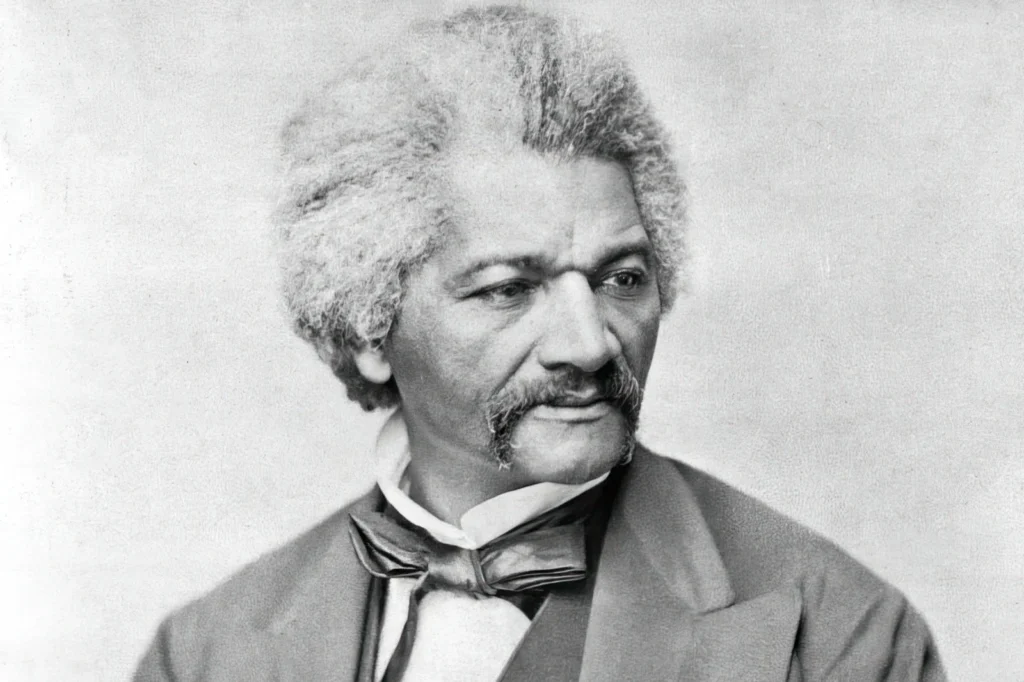
Frederick Douglass believed that words could transform nations, and his legacy proves it. His speeches, essays, and books remain essential readings in schools and universities, reminding America of both its failures and its potential.
He once declared, “If there is no struggle, there is no progress.” That timeless message continues to echo, urging new generations to fight for equality, justice, and truth.
Frederick Douglass died in 1895, but his ideas live on, shaping the conscience of a country still striving to fulfill his vision of true freedom.

